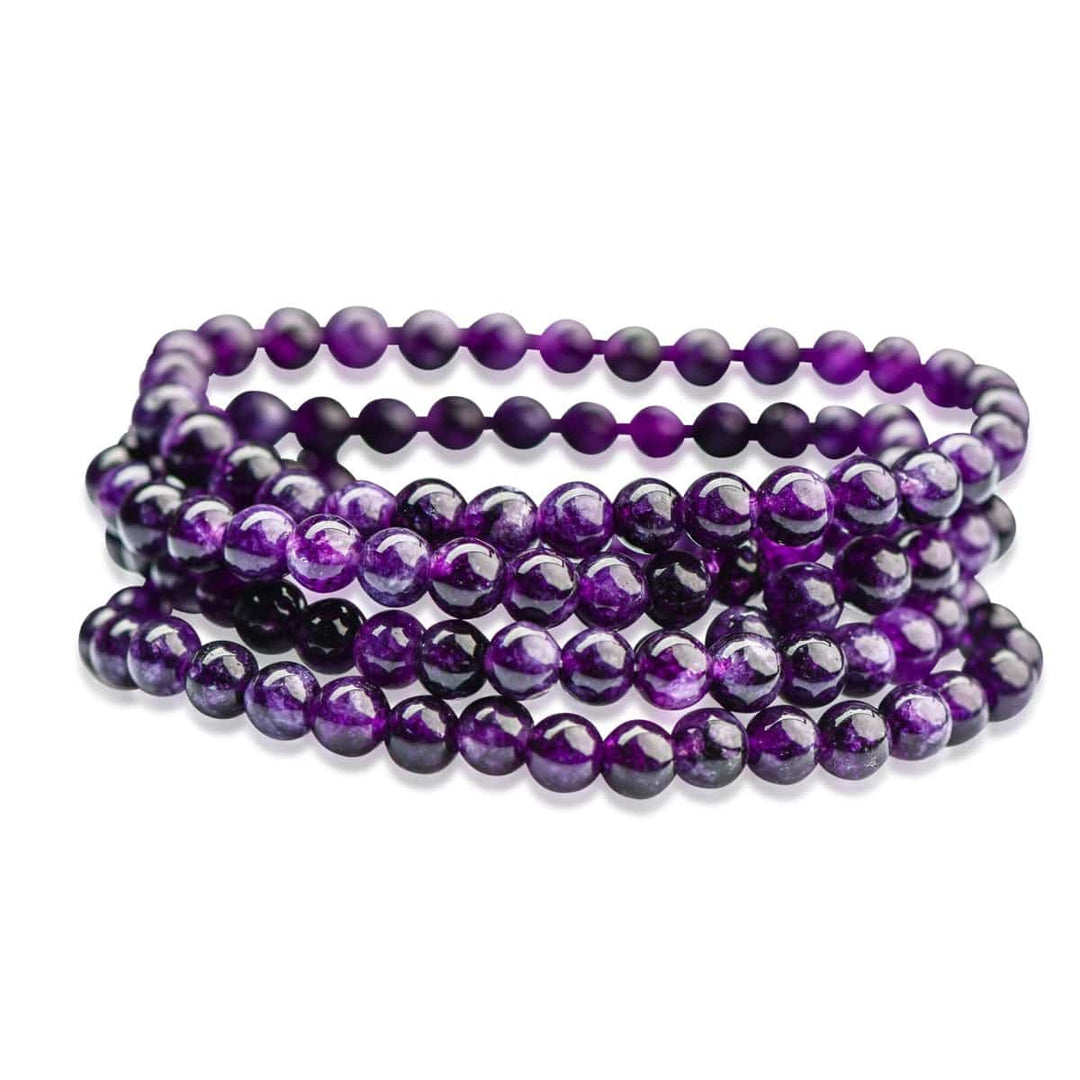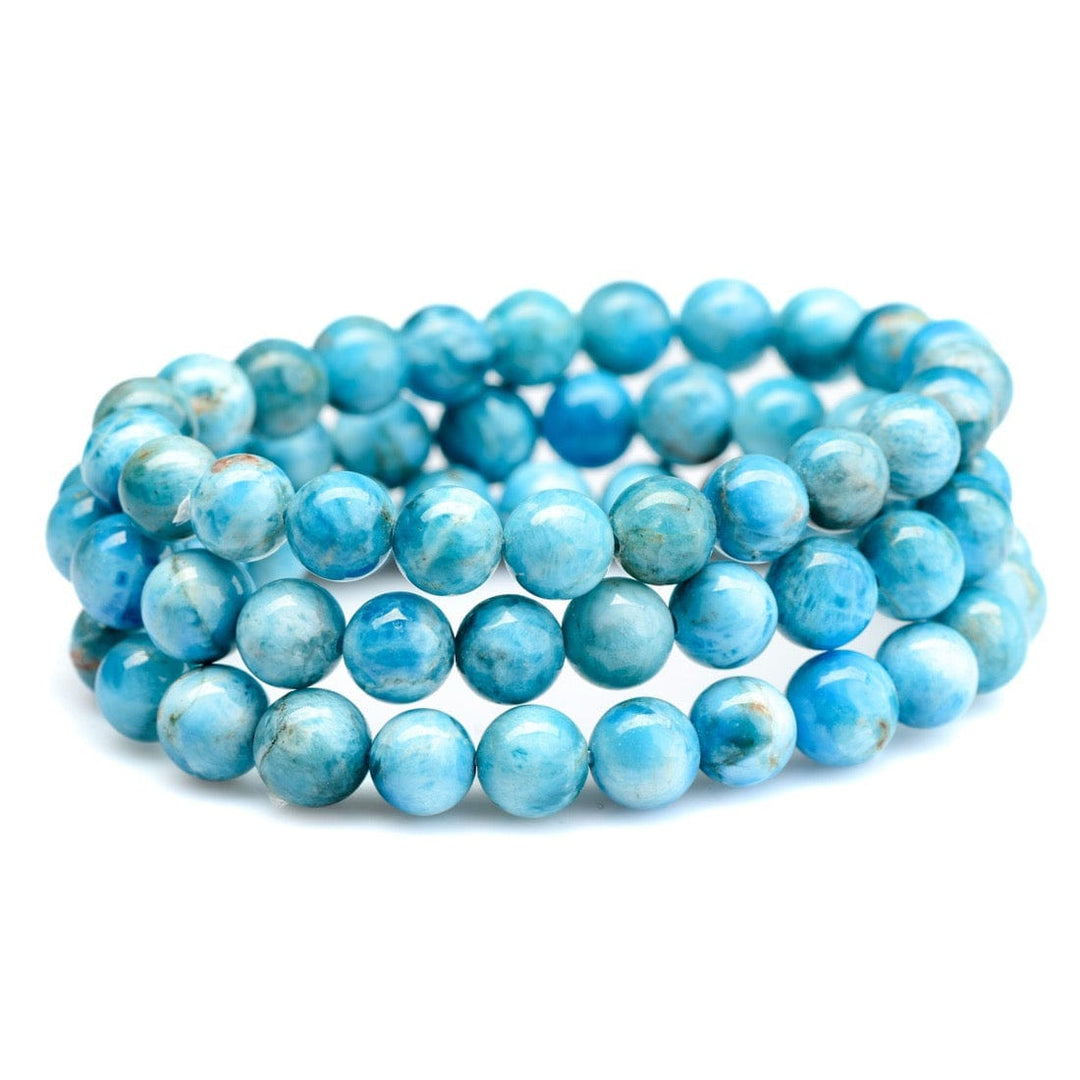What Crystals Can't Go In Water or Sunlight?
Crystals, with their innate energy and captivating allure, serve as powerful companions in our spiritual and healing journeys. To harness the full potential of these gemstones, it's essential to understand the significance of crystal cleansing. While there are various methods available, this exploration delves into the importance of sunlight and water cleansing, shedding light on the cautionary tale of certain crystals that must avoid these methods.
The Essence of Crystal Cleansing: Crystals, as energetic beings, absorb and accumulate energies from their surroundings. Whether they are actively engaged in energy work or silently gracing your living space, regular cleansing ensures that their vibrations remain pure and untainted. This practice revitalizes the crystals, allowing them to resonate at their optimal frequencies.
Sunlight Cleansing
Exposing crystals to natural sunlight is a widely embraced method for cleansing and charging. The sun, as a potent source of energy, infuses the crystals with revitalizing rays. However, caution is warranted, as some crystals are sensitive to sunlight, risking color fading or structural damage.
Crystals Sensitive to Sunlight:
Amethyst: Prolonged exposure may cause the purple hue to fade.
Celestite: Direct sunlight can lead to color fading over time.
Rose Quartz: The delicate pink hue may lose its vibrancy with prolonged exposure.
While these crystals can benefit from gentler cleansing methods like moonlight or Selenite charging, avoiding direct sunlight preserves their aesthetic and energetic integrity.
Water Cleansing
Cleansing crystals with water is a classic and effective method, harnessing the purifying qualities of this elemental force. However, certain crystals are porous, sensitive, or prone to dissolution, making them unsuitable candidates for water cleansing.
Crystals Sensitive to Water:
Selenite: Being a soft and porous crystal, Selenite can dissolve in water.
Kyanite: Its composition makes it susceptible to water absorption.
Malachite: Unpolished Malachite will release toxic fumes when it's wet.
Opal: Opal will slowly dissolve in water.
Azurite: Because it contains copper, it should not be submerged in water.
Pyrite: Because of its high iron content, it can rust or discolor when it comes in contact with water.
Hematite: With a high iron content, it can rust or discolor when in contact with water.
Avoiding water cleansing for these crystals prevents structural damage and preserves their inherent qualities.
Alternative Cleansing Methods: For crystals sensitive to sunlight or water, alternative cleansing methods prove beneficial. Moonlight, smudging with sage or palo santo, and the use of Selenite are effective alternatives that offer a gentle





